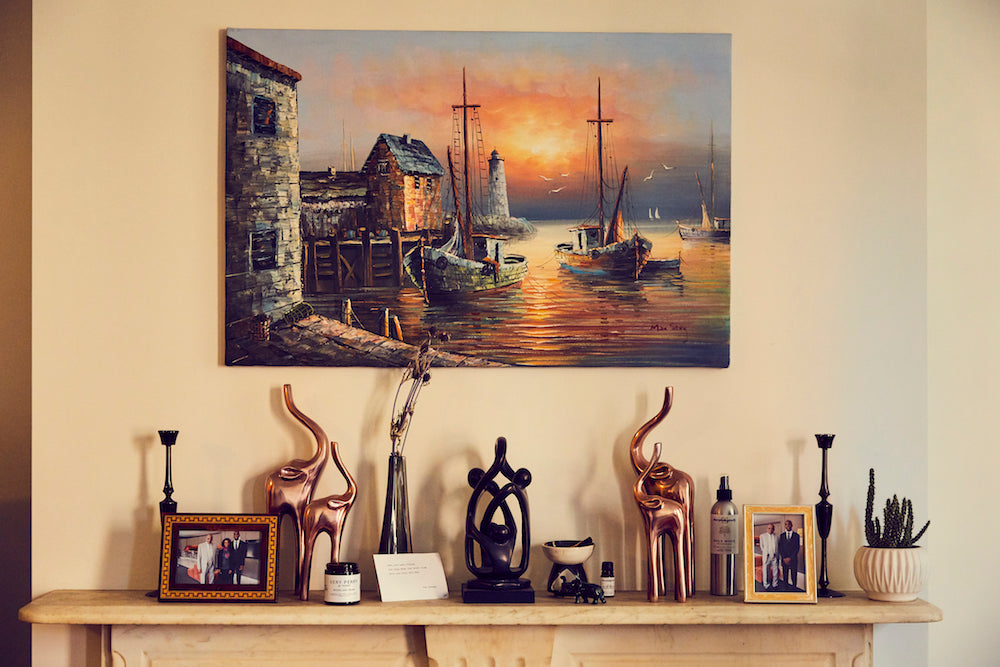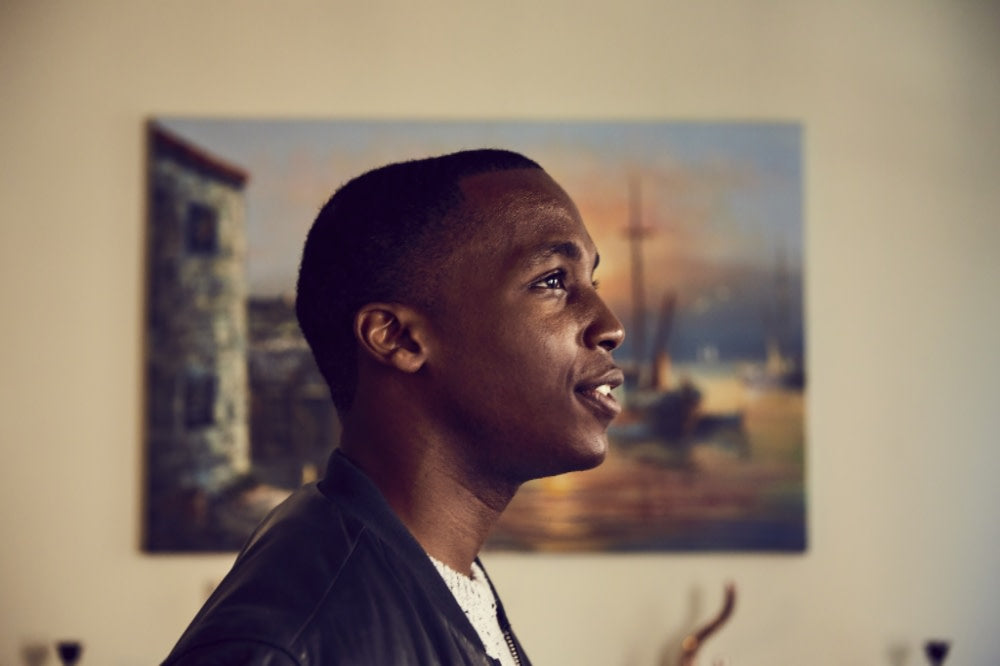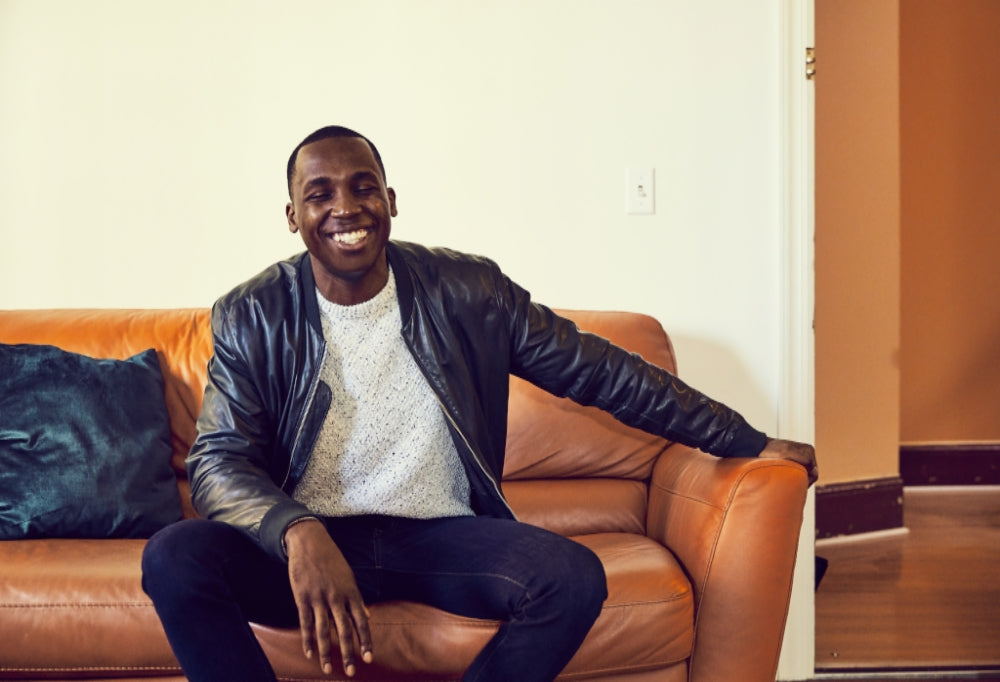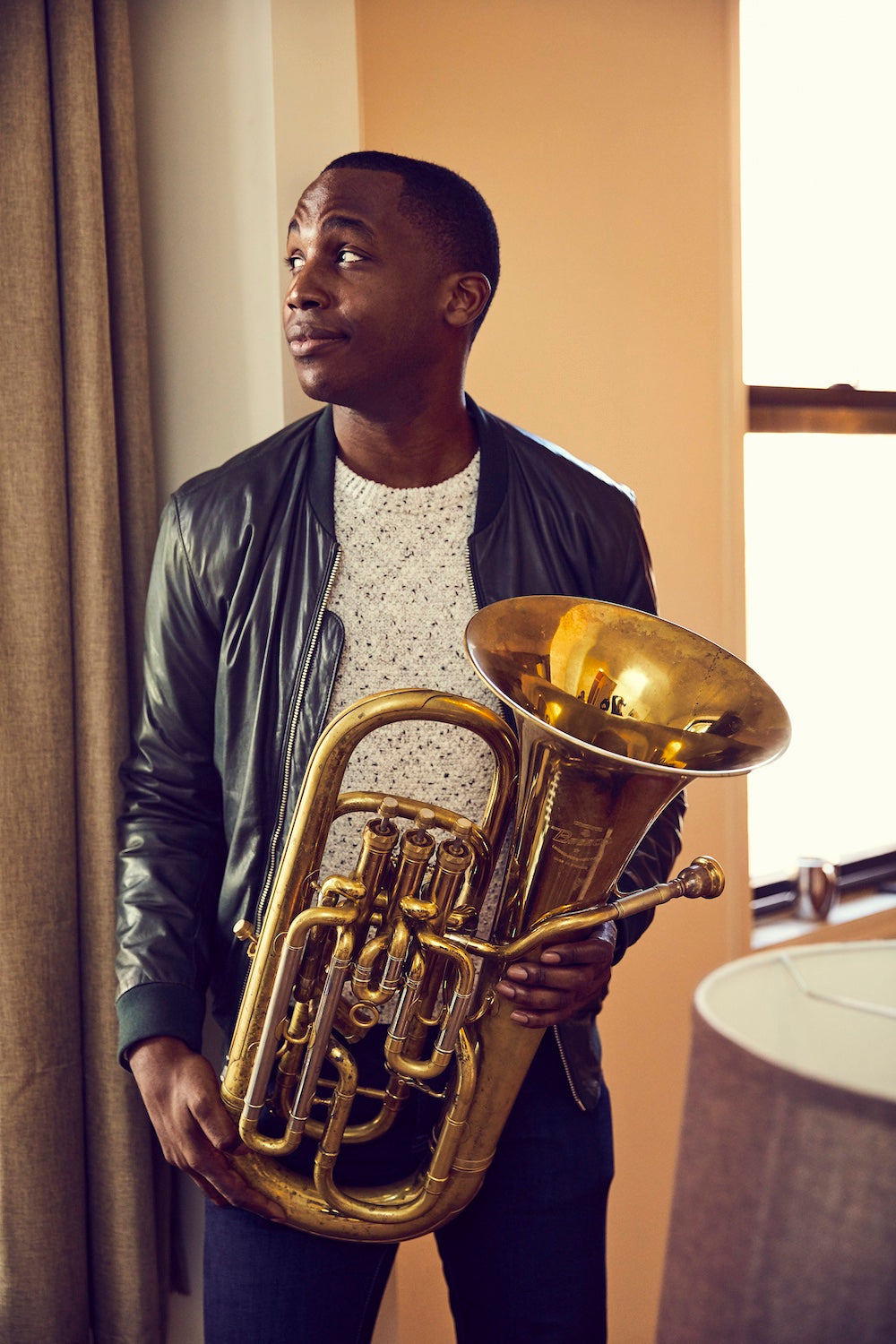
The Late Show tuba player on how to get to Carnegie Hall, silent meditation, and knowing when to jump in.
AS TOLD TO GOSSAMER
Welcome to our series of conversations with curious, clever, and captivating people—in other words, the kind you’d like to sit next to for an hour or two.
I didn’t actually set out to play the tuba. I wanted to play the saxophone.
A week or two before middle school started, I went to band tryouts and they had all the instruments lined up. I went right to the saxophone—alto sax—that's what I wanted to play. And I tried to make a sound on it but I couldn't. Since I was tall, they were just like, "He can probably carry this. Here’s a tuba. Try it." And that was it. But if it were another instrument, I probably would have tried to get good at that, and you know, had a lot less shit to carry around.
I didn’t plan on becoming a musician. I was always really into medicine. I wanted to go the pre-med route. The first book report I ever wrote was about Ben Carson. He was my first hero growing up, and now I'm like, "Oh, this dude's crazy!" There were a couple colleges like Northwestern and Johns Hopkins that had five-year dual-degrees in music and medicine. I had applied to them, and I remember telling my dad, "Hey, I just wanna apply to Juilliard," kind of to gauge how far I'd come, musically, since middle school. I’d had a couple of musical experiences senior year that made me think, "Ah, man, I need to be doing this."
There was this NPR show called From the Top that showcases classical musicians —college, middle school, whatever— and I got the opportunity to be on the show a couple of times in high school. They were doing a PBS mini-series at Carnegie Hall and they asked me to take part and play in a brass quintet with members of the New York Philharmonic brass section. It was just an amazing experience. It was a pivotal moment of realizing "I need to be doing this right now."
I’m still friends with a bunch of people in the organization and I've told them many times, "I'm doing music now because of you."

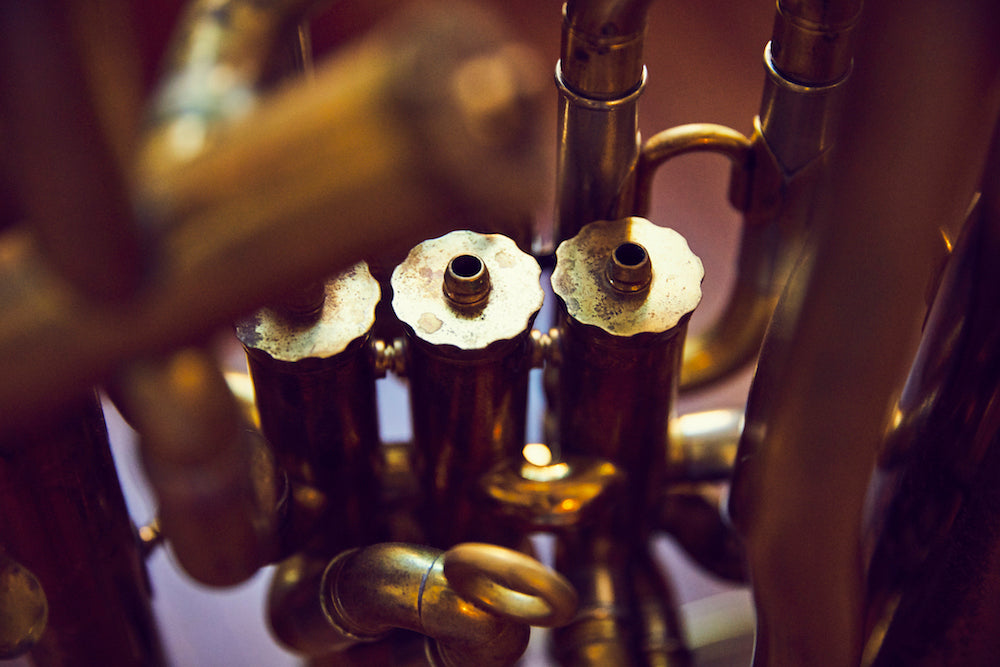
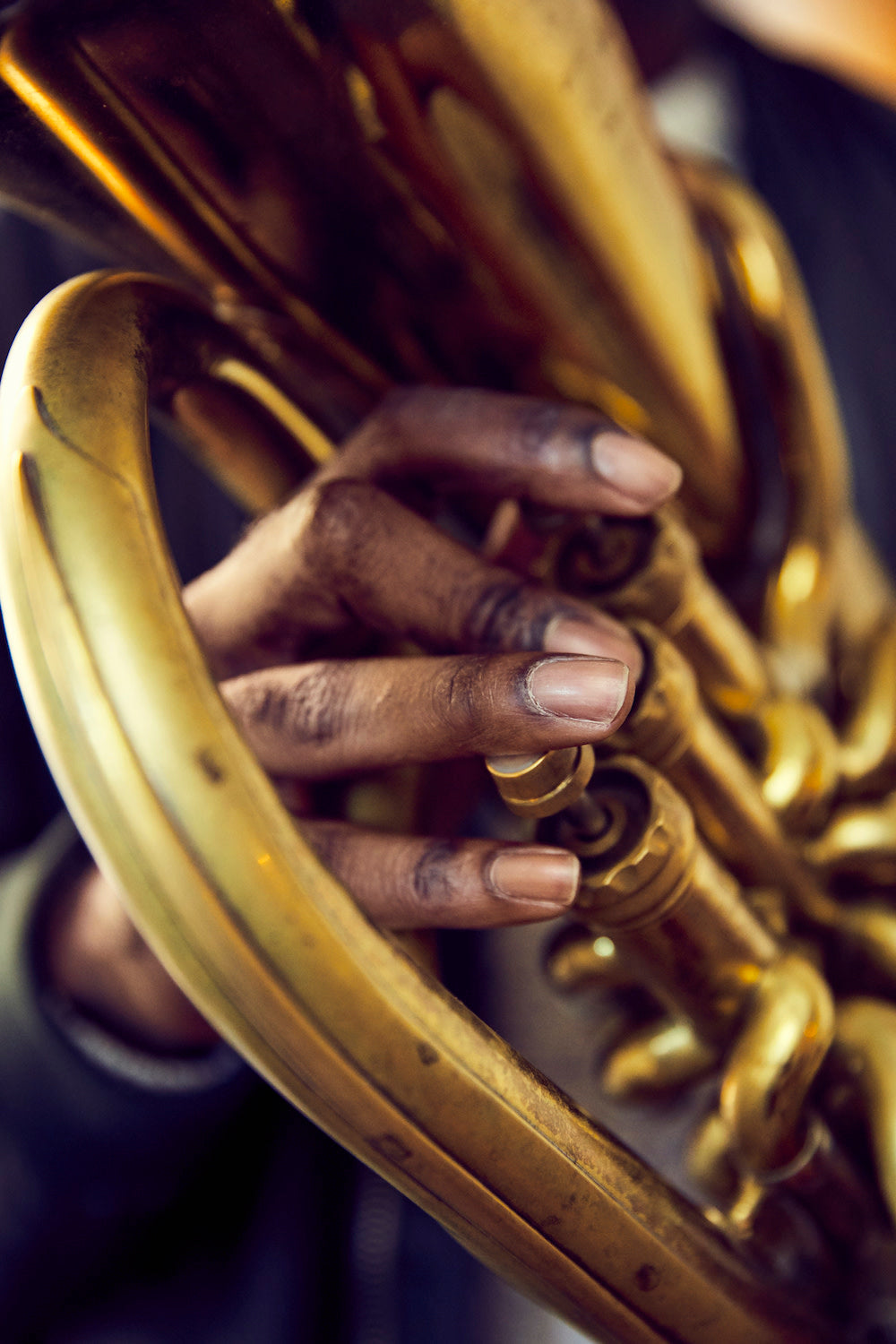
It's important to take moments to be okay doing nothing.
